Next week I’ll be bringing reports from Kieron Hoyle and Jason Mazzocchi on the ‘Shipbuilding’ conference at Chatham Dockyard, the Canterbury Expo, Victoria Stevens on her MA topic (please note Victoria will be giving the Kent Archives lunchtime talk at Maidstone on Monday: https://www.kentarchives.org.uk/lunchtime-talks/ ), as well as a visit to Canterbury Cathedral Glass Studio to see the ‘Kent window’ on the bench.
Consequently, for this week I’m going to feature the Tudors & Stuarts 2025 History Weekend, not least because Ben Cornwell has set up the webpages for the Weekend and these will go live very shortly. These will be linked to bookings through the CCCU Arts & Culture box office which Kellie Hogben is putting in place. As in previous years, the surplus after costs will go to the Ian Coulson Memorial Postgraduate Award Fund to aid those at CCCU working on Kent history topics.
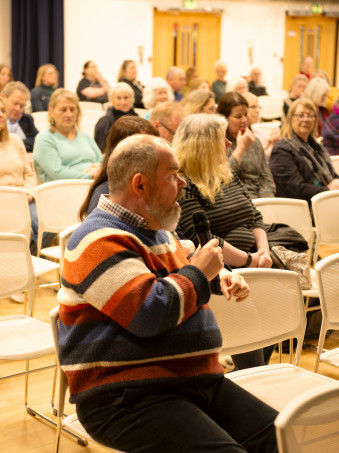
To begin, ‘Tudors & Stuarts 2025’ will be held between Friday 25 April and Sunday 27 April, so please do save these dates and we’ll be back in CCCU’s Augustine House and the very popular CCCU Bookshop will again be in attendance. If you look at the blog from a couple of weeks ago you will see I featured six of our great speakers and here are another six. These are two from the ‘Tudors’, two from the ‘Stuarts’ and the two guided visits. For the earlier period, we have Professor Glenn Richardson, an expert on sixteenth-century international relations, warfare, and European kingship, who will be speaking on ‘The Battle of Pavia’ which is arguably the most important European military encounter of the sixteenth century. Professor Richardson’s talk will explain the reasons for Francis I’s involvement in the Italian Wars and why the French king besieged Pavia in the autumn of 1524. He will review the main phases of the battle on 25 February 1525, as well as considering its immediate aftermath, and its long-lasting strategic and political importance.
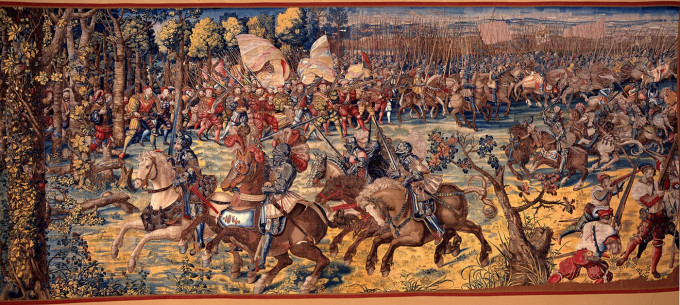
For those wishing to explore new thinking about Tudor art, Dr Christina Faraday, a specialist in the history of art and ideas, with a particular interest in how images and objects communicate, is an ideal guide. In her talk she will discuss how and why in Tudor England, artworks were often described as ‘lively’. For as she says, contemporaries used this word about everything from tapestries to paintings, woodcuts to household objects. But what did this mean in a culture where naturalism and single point perspective were alien concepts? And in a time of religious upheaval, when the misuse of images might lure the soul to hell, how could liveliness be a good thing? In her talk Dr Faraday will explore this hitherto neglected aspect of Tudor art, re-enlivening the period’s vivid visual and material culture and discovering how artists were able to: make absent things present; render the invisible, visible; and make the dead live.
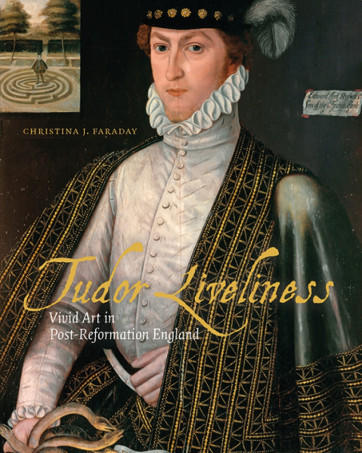
Turning to the Stuart period, Dr Astrid Stilma, who has a particular interest in the interplay between literature, popular culture and religio-political conflict in the seventeenth century will turn her attention to the theatre. She will be investigating ‘Tyranny on the Stuart Stage’ by asking: Who should be king? What makes a ruler legitimate? How does one identify a tyrant? And, once identified, what action – if any – can the people take against tyranny? As she will discuss, such questions such were hotly debated in the seventeenth century, both in political discourse and in popular culture. In her session we will trace the figure of the tyrant and the spectre of tyrannicide on the Stuart stage, from the reign of James VI & I to the Restoration. For it will be an exploration of popular responses to the question of good and bad government, in an age in which once unassailable political institutions could no longer be taken for granted.
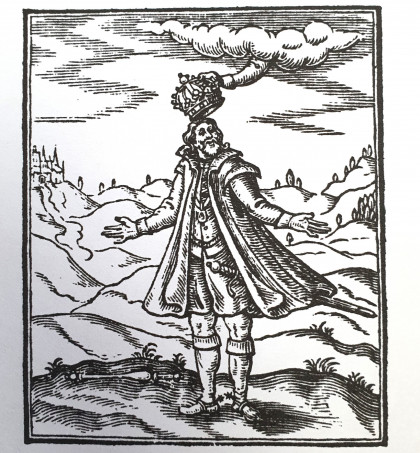
Thinking about the Stuart monarchy, Professor Kenneth Fincham, who is well known for his published works on religion and politics in Britain from Edward VI to William and Mary, will be considering the kingship of Charles II through his religious policy. For as Professor Fincham will point out, Charles II is known to have indulged himself with mistresses and merriment, which both titillated and scandalised contemporaries such as Samuel Pepys, but in his lecture he will focus on religious ‘indulgence’ or toleration, which Charles II pursued, with very limited success, between 1660 and 1673. Looking at Charles’ kingship, Professor Fincham will ask why was the king so keen on offering toleration to both Catholics and protestants, especially when it encountered so much opposition, for was it an expression of his secret Catholicism or a piece of statecraft to stabilise the country and build up his power within it? Moreover, why did so many MPs and Anglicans block his proposals? And did Charles II in fact prepare the way for the more confrontational push for toleration by his brother and successor James II?
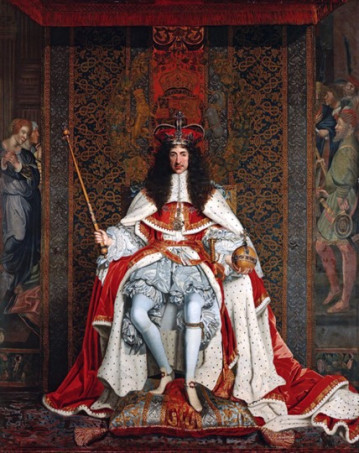
For those who enjoy the guided visits aspect of our History Weekends, we are again offering the very popular visit to the Cathedral Archives and Library which will focus on the early printed books, manuscripts and other sources in the collections. Cressida Williams, who leads the staff team there will have on display examples from the archive of the cathedral, as well as from the City of Canterbury, including charters and financial records.
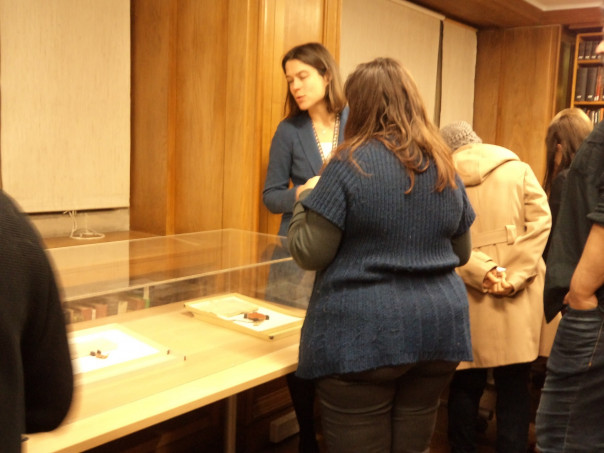
Additionally, we are delighted that Professor Paul Bennett, whose encyclopaedic knowledge regarding Canterbury’s archaeology and history is legendary, will be leading two visits to ‘Early Tudor Canterbury’. These will feature the iconic Buttermarket (Bulstake) where civic and ecclesiastical space meet, as he explores the city’s history at this crucial period in Canterbury’s history. For pilgrimage to Becket’s shrine still mattered to city and cathedral alike, but other influences were also coming into play, and the influence of the English Renaissance was part of the city’s development under Henry VII and the young Henry VIII.
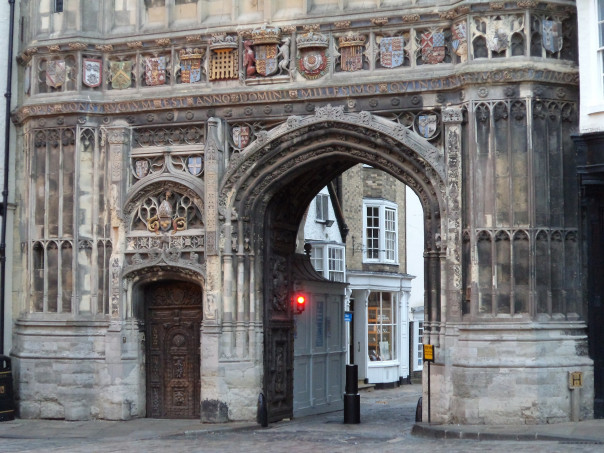
I hope these are of interest and we shall be delighted to welcome you to our 10th History Weekend, which also provides opportunities for our great team of volunteers, both undergraduate and postgraduate students to be part of this important Canterbury festival.
 Centre for Kent History and Heritage
Centre for Kent History and Heritage Sheila Sweetinburgh
Sheila Sweetinburgh 1989
1989


Really looking forward to this
Thanks Connie and hopefully lots of other people will too
Hi, I cannot find where to book tickets and the set programme of speakers/lectures etc
Hello Sue, the programme is at: https://ckhh.org.uk/tudors-stuarts and the online box office will open very soon, I am waiting for Arts & Culture to finish the bookings set-up and then they will be linked to this website. So sorry and very shortly! Sheila
Hi,
Looking forward to the Tudor and Stuarts weekend next year.
Is there a discount code for the offer where if you buy 10 tickets in one purchase the price is reduced to £8 per ticket ? I tried to buy a ticket for each timeslot but at checkout, before you click to pay, it still gives the total price as £100.
many thanks Sue
Hi Sue, very sorry about that and thanks for letting us know, I’ll alert Kellie to the problem because it should give you the discount automatically. Hopefully she will be able to fix the problem ASAP. Best wishes, Sheila
Many thanks, Sheila
Sue